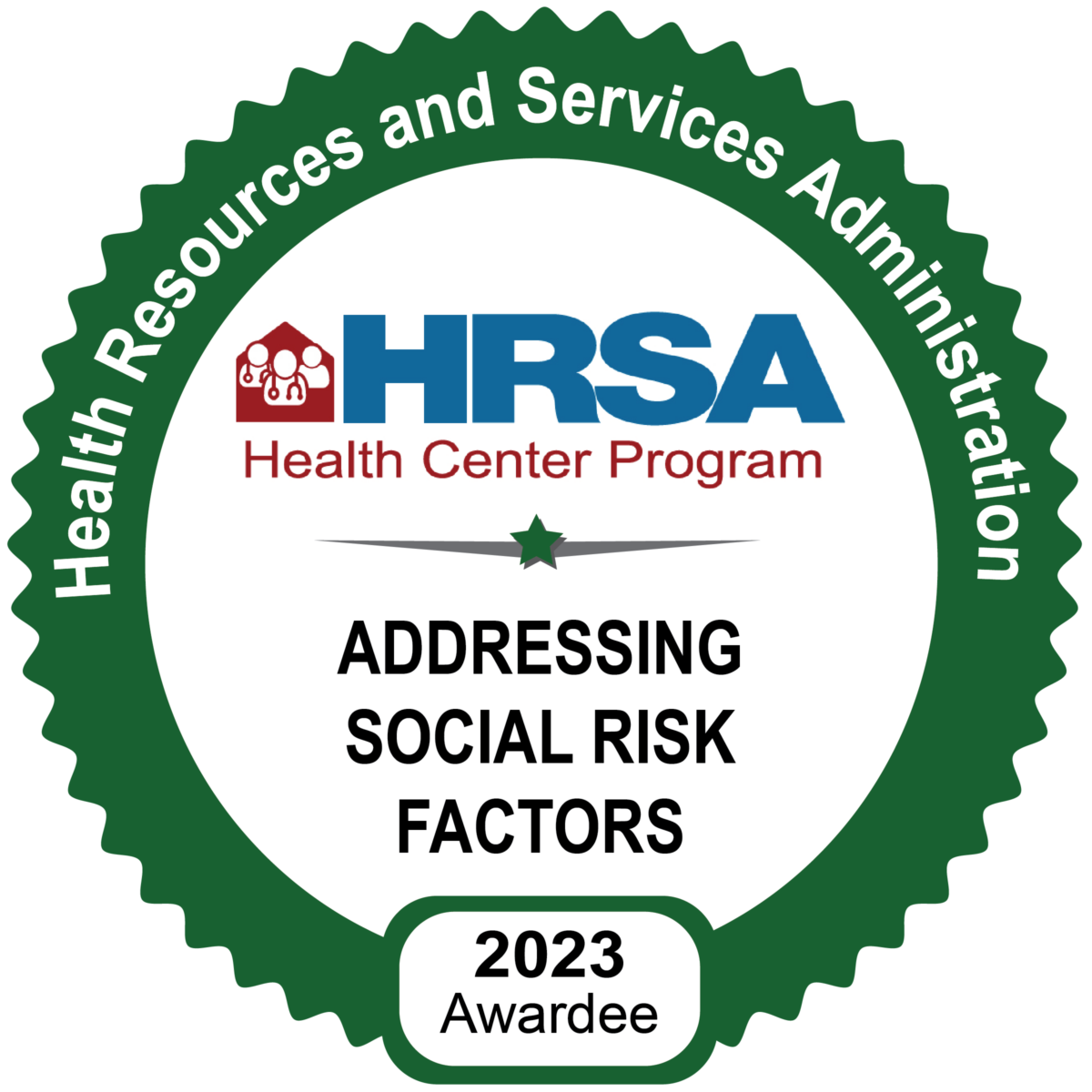January is Cervical Cancer Awareness Month

January is National Cervical Cancer Month and it’s a good time to focus on the importance of cervical cancer prevention. The bad news about cervical cancer is that in its early stages there are typically no symptoms. The good news is that with the HPV (human papilloma virus) vaccine, it’s largely preventable. And regular screening for HPV and Pap tests can detect precancerous conditions when treatment is likely to be highly successful.
First, if you or your child is between 9 and 26, the HPV vaccine is an important tool for prevention. Some adults up to 45 years old may also decide to get the vaccination after speaking with their doctor.
Next, be sure to get screened annually, even if you’ve had the vaccine, beginning at age 21 and until you are 65. The recommendation for most women is to be screened every 3 years, or 5 years if you have both HPV and PAP screening and both results are negative. After 65, women with no history of abnormal Pap tests or cervical cancer can consult with their physician about the need for further screening.
During the pandemic, many women put off getting screened because they didn’t want to risk COVID-19 exposure or had difficulty getting an appointment. Over the past two years, ChesPenn has worked with the American Cancer Society to catch our patients up on cancer screenings, including screening for cervical cancer. Our clinicians have also strongly encouraged parents to keep up with their children’s well child visits and immunizations. In addition, adults have also been encouraged to stay current with all recommended immunizations.
The experience of one of our new patients brings home the importance of both HPV vaccination and timely screening. In April, Christina (not her real name) came to ChesPenn as a new patient. She received a Pap test and screening for HPV, which revealed that she had HPV. Dr. Kimberly Arkebauer, our OB/GYN provider, performed a colposcopy (a procedure that allows detailed examination of the cervix) and recommended a loop electrosurgical excision procedure (LEEP), an outpatient procedure that removes potentially cancerous cells from the cervix. Christina had recently immigrated from South America and was uninsured.
Christina met with DaNesha Mack, our Complex Care Team Lead, who helped her apply for insurance and helped her apply for emergency medical assistance. The LEEP procedure was performed and determined that Christina did not have cervical cancer. Because of her HPV status and the presence of some abnormal cells, Christina will have a follow-up Pap and colposcopy to ensure she stays healthy. Our hope is that in the future other women can avoid the kind of scare Christina had to endure by getting vaccinated and keeping up with their Pap screenings.






